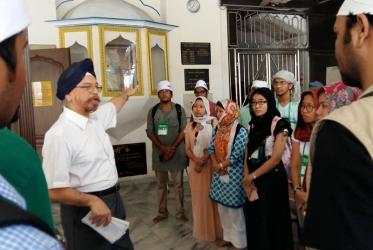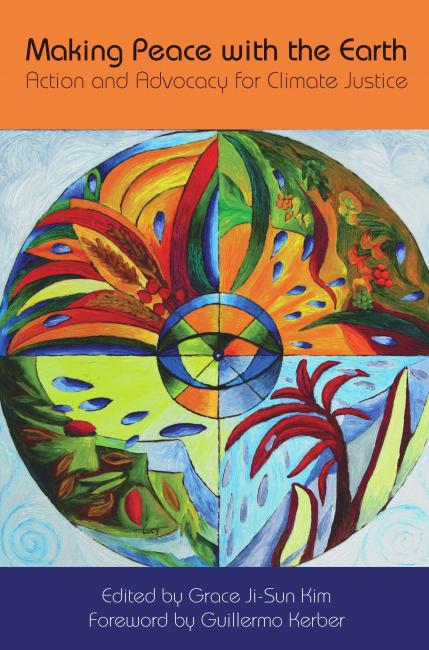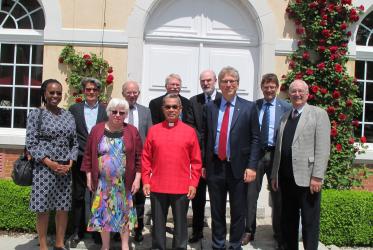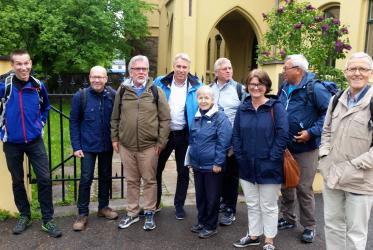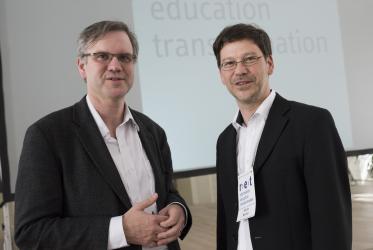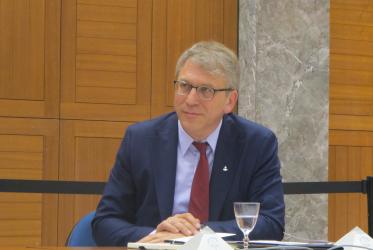Displaying 221 - 240 of 316
WCC Central Committee convenes in Trondheim, Norway
22 June 2016
Panel discussion fields ideas on European identity
26 April 2016
WCC conference explores ecological injustice in Uganda
21 April 2016
Catholic-WCC group pursues new mandate
13 April 2016
International affairs facilitator reflects on pilgrimage
31 March 2016




